
AAMC Building Better Curriculum Webinar Series
-
Register
- User - Free!
The AAMC Building Better Curriculum webinar series is an opportunity for curriculum deans, leaders, administrators, teaching faculty, and staff to learn about and explore innovations in curriculum and curriculum mapping. It also provides a venue for AAMC to provide updates on Curriculum Inventory developments.
In addition to the contents that are included in this regular programming package, we occasionally host special learning series that require separate registration. For a complete list of future events and for special programming registration, please visit the AAMC Building Better Curriculum Webinars webpage.
-
Contains 2 Component(s) Includes a Live Web Event on 06/25/2025 at 1:00 PM (EDT)
This webinar updates the community on the current state of accelerated three-year medical programs and pathways (A3YP) in the United States.
This webinar updates the community on the current state of accelerated three-year medical programs and pathways (A3YP) in the United States. The session will introduce participants to several models of A3YP, including both small programs within traditional four-year schools as well as two models of stand-alone medical school that have embraced a three-year curriculum for their entire student body. Participants will learn about the Consortium of Accelerated Medical Pathways/Programs (CAMPP) as a group that has come together with the expressed purpose of promoting, enhancing, and evaluating the processes and outcomes related to accelerated medical training . Aggregate outcome measures of A3YP will be highlighted. Lastly, the session will describe the use of the AAMC AACOM Curriculum SCOPE Survey as a tool to help understand nationwide trends in medical education.
The AAMC is committed to providing inclusive sessions for all learners/participants. All sessions will be close-captioned. Please contact Kaitlyn at curriculum@aamc.org to request additional accommodations.
Please visit the AAMC Building Better Curriculum Webinars webpage for a complete list of events and special programming.
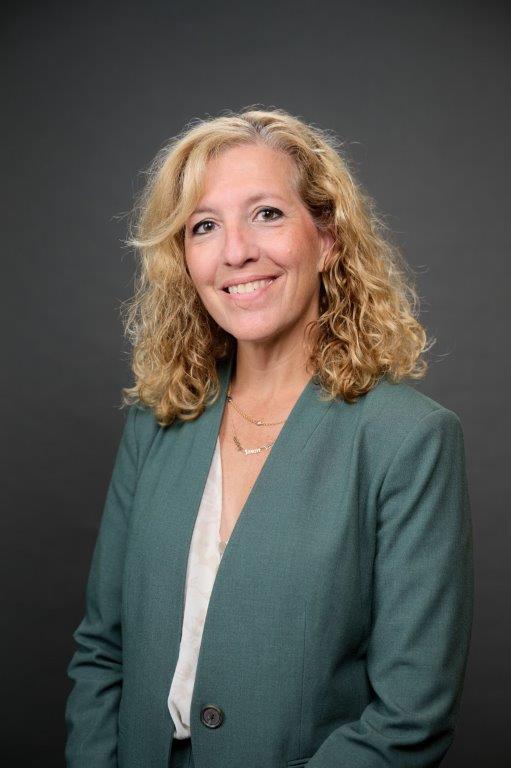
Judith Brenner, MD
Senior Associate Dean for Medical Education
NYU Grossman Long Island School of Medicine
Dr. Judith Brenner, MD serves as the senior associate dean for medical education at the NYU Grossman Long Island School of Medicine, a fully three-year medical school. She is an internist whose work has spanned the continuum of medical education. She currently chairs the Northeast Group on Educational Affairs (NEGEA).
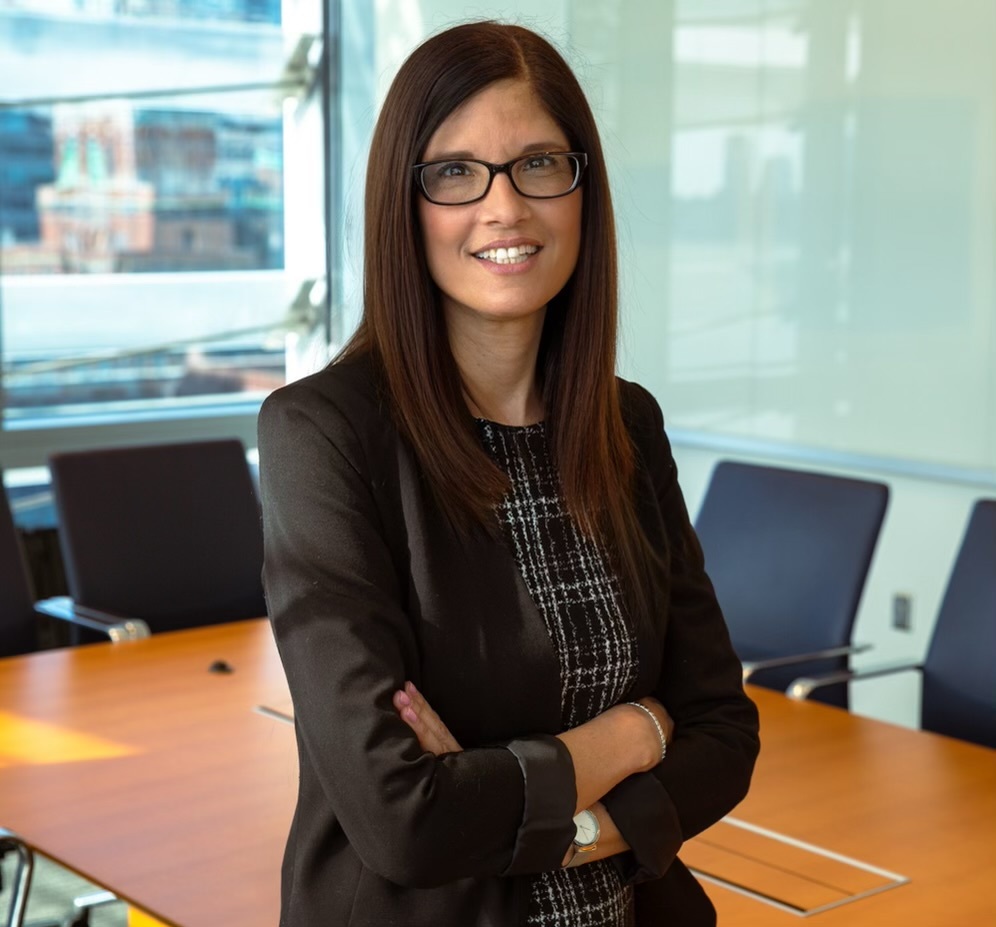
Joan Cangiarella, MD
Senior Associate Dean of Education and Faculty, Director of the Accelerated 3-year MD Pathway
NYU Grossman School of Medicine
Dr. Joan Cangiarella, MD is the Senior Associate Dean for Education, Faculty and Academic Affairs at NYU Grossman School of Medicine, Director of the Accelerated Three-Year MD Pathway, the Elaine Langone Professor in the Department of Pathology. Dr. Cangiarella oversees faculty appointments, promotions, and tenure at NYU Grossman School of Medicine. She leads the Accelerated Three-Year MD Pathway and the Consortium of Medical Schools with Accelerated Pathway Programs (CAMPP).
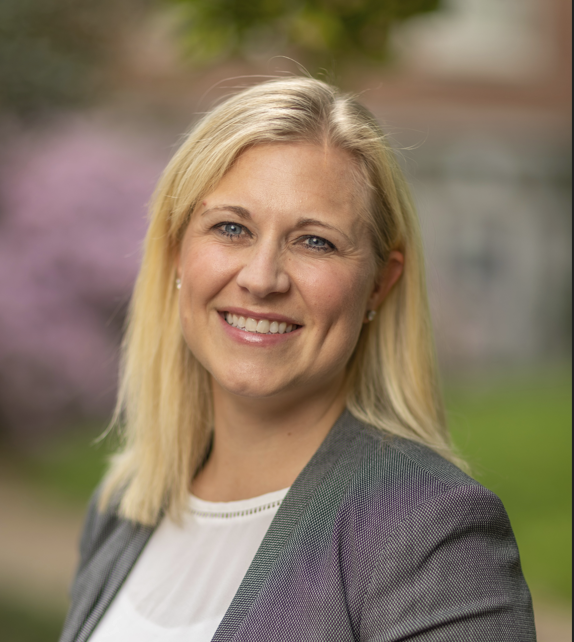
Catherine L. Coe, MD
Associate Professor of Family Medicine and Assistant Dean for Clinical Curriculum
University of North Carolina School of Medicine
Dr. Catherine Coe is an Associate Professor of Family Medicine and the Assistant Dean for the Clinical Curriculum at the University of North Carolina. She helped to establish the Fully Integrated Readiness for Service Training (FIRST) Program, an accelerated three-year medical school curriculum with a directed pathway to a UNC-affiliated residency program, followed by three years of service to the state of North Carolina. Through her leadership, the FIRST Program expanded to four specialties and each of our statewide campus partners. Dr. Coe received her medical degree from the University of Washington and trained as a resident and Chief Resident at the University of North Carolina Family Medicine Residency Program.
-
Contains 2 Component(s) Recorded On: 04/23/2025
This webinar explores the challenge of integrating basic science and clinical medicine to enhance cognitive integration in medical learners. The session will present lessons learned from the development of the Aquifer Sciences Initiative, a national effort that unites basic scientists and clinicians to create a clinically relevant basic science curriculum.
This webinar explores the challenge of integrating basic science and clinical medicine to enhance cognitive integration in medical learners. The session will present lessons learned from the development of the Aquifer Sciences Initiative, a national effort that unites basic scientists and clinicians to create a clinically relevant basic science curriculum. Participants will gain insights into how conceptual frameworks and structured, integrated learning objectives can bridge the gap between foundational sciences and clinical reasoning. The session will also highlight tools and strategies for faculty to support students in justifying clinical decisions through a strong basic science foundation.
Learning Objectives:
- Describe the challenges of cognitive integration in medical education and the necessity of aligning basic science with clinical decision-making.
- Explain the development and implementation of the Aquifer Sciences Initiative as a framework for integrating basic science concepts into clinical education.
- Apply strategies for fostering cognitive integration in curriculum design to improve student engagement and clinical reasoning.
The AAMC is committed to providing inclusive sessions for all learners/participants. All sessions will be close-captioned. Please contact Kaitlyn at curriculum@aamc.org to request additional accommodations.
Please visit the AAMC Building Better Curriculum Webinars webpage for a complete list of events and special programming.
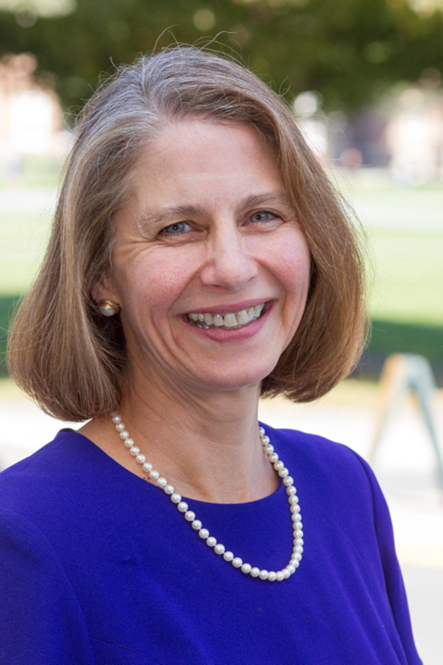
Leslie H. Fall, MD
CEO, Aquifer
Clinical Professor, Case Western Reserve University School of Medicine Center for Medical Education
Leslie Fall, MD, is the CEO of Aquifer, a health professions organization of over 300 educators that provides online case-based learning to most US and Canadian medical schools. Dr. Fall is a Clinical Professor, Case Western Reserve University SOM and a nationally recognized expert in health professions education innovation.

Amy L. Wilson-Delfosse, PhD
Professor of Pharmacology and Associate Dean for Curriculum
Case Western Reserve University School of Medicine
Amy L. Wilson-Delfosse, PhD, is a Professor of Pharmacology and Associate Dean for Curriculum at Case Western Reserve University SOM. A leader in medical education innovation, she has advanced cognitive integration and AI-driven learning. Her contributions have earned national recognition, including prestigious awards from AAMC and IAMSE.
-
Contains 6 Component(s) Recorded On: 02/26/2025
In this session, we will cover the fundamentals of curriculum mapping, its value, key features, and roles and responsibilities within institutions. This session will also equip attendees with tools to effectively map curricula, ensuring alignment with accreditation standards and institutional goals.
Join us this February 2025 for an insightful workshop on Curriculum Mapping for Medical Education! In this session, we will cover the fundamentals of curriculum mapping, its value, key features, and roles and responsibilities within institutions. This session will also equip attendees with tools to effectively map curricula, ensuring alignment with accreditation standards and institutional goals. Engage in interactive discussions on accreditation, CQI, tracking curriculum strands/threads, transitioning systems, and the role of AI in curriculum mapping. Enhance your skills in curriculum mapping to improve medical education programs. Register now!
The AAMC is committed to providing inclusive sessions for all learners/participants. All sessions will be close-captioned. Please contact Kaitlyn at curriculum@aamc.org to request additional accommodations.
Please visit the AAMC Building Better Curriculum Webinars webpage for a complete list of events and special programming.

Natasha N. Bray, DO, MSEd
Campus Dean
OSU College of Osteopathic Medicine, Cherokee Nation
Natasha N. Bray, DO, MSEd, is the Campus Dean of the OSU College of Osteopathic Medicine at the Cherokee Nation. She is board certified in Internal Medicine and Addiction Medicine. Dr. Bray also serves as the Associate Dean for Accreditation for OSU Center for Health Sciences. She has experience in developing educational programs and is dedicated to serving rural and underserved populations.
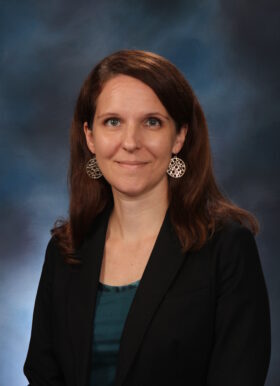
Carolyn Dufault, PhD
Assistant Dean for Educational Technology and Innovation and Associate Professor, Department of Medicine
Washington University School of Medicine
Dr. Carolyn Dufault’s work focuses on the design and implementation of core educational technology and infrastructure in support of curriculum and assessment delivery, and she leads efforts to enable comprehensive curriculum mapping and reporting within competency-based medical education. She received her BA in Neuroscience from Mount Holyoke College and her PhD in Cognitive Psychology from Washington University in St. Louis.

Katherine A. Forkner, ABD, MA
Curriculum and Assessment Manager
Mayo Clinic Alix School of Medicine
In Kate’s role as an educator within the CAPE (Curriculum, Assessment, and Program Evaluation) team at MCASOM, she is responsible for managing the school’s curriculum and assessment framework, emphasizing competency-based medical education. Her team supports aligning the formal curriculum with the lived curriculum, enhancing data literacy and accreditation readiness, and ensuring comparability across campus experiences in a tri-site school.

Stephanie Freed, MS
Associate Director of Curriculum
Indiana University School of Medicine
With 7 years in medical education, Stephanie Freed is the Associate Director of Curriculum at Indiana University School of Medicine. She specializes in curriculum development and management, accreditation, and managing matrixed teams. Stephanie is a results-driven leader passionate about medical education administration and health professions education.

Katie Maietta, MPPM
Executive Director, Office of Medical Education
University of Pittsburgh School of Medicine
Katie provides administrative leadership and oversees the planning and operational management of the Office of Medical Education, Standardized Patient Program, and the undergraduate medical education program. Administrative functions include human resources, facilities management and development, budgetary management, project management, strategic planning and governance, regulatory adherence, curriculum management, and overall organization of instructional support and delivery, including educational technology.
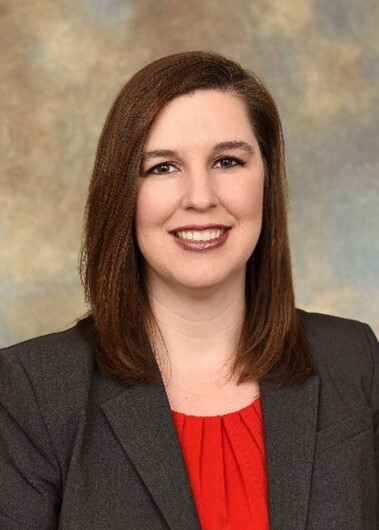
Tracy Pritchard, PhD
Assistant Dean for Curriculum Support
University of Cincinnati College of Medicine
Tracy Pritchard, PhD is the Assistant Dean for Curriculum Support at the University of Cincinnati College of Medicine. Tracy oversees the operations of the undergraduate medical education curriculum through the Office of Curriculum Support including course coordination, space management, curriculum mapping, learning management support, course evaluations, and administration of assessments.
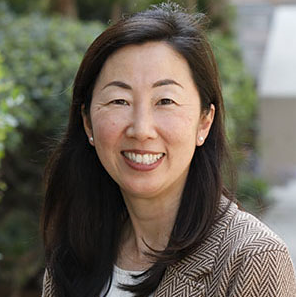
Julie Youm, PhD
Associate Dean, Education Compliance and Quality; Director, Educational Technology
UCI School of Medicine
Julie Youm, PhD, is the Associate Dean, Education Compliance and Quality, and Director, Educational Technology at the UCI School of Medicine. Her background includes curriculum management, accreditation/CQI and systems implementations. Dr. Youm served as a past chair of the AAMC GIR and works with the Curriculum Committee, MESRE and MedBiquitous.
-
Contains 2 Component(s) Recorded On: 10/23/2024
What is the plan for learners who struggle in medical school? Join us as we examine two important cutting-edge concepts in remediation with practical examples.
What is the plan for learners who struggle in medical school? This question is frequently asked and difficult to answer across health professions education. While remediation is essential to assuring the success of students who struggle, it remains a stigmatized and perplexing area of medical school curricula. Join us as we examine two important cutting-edge concepts in remediation with practical examples. First, we will consider how remediation pathways can and should influence medical school curriculum and systems. We will then consider the role of “compassionate off-ramps” for situations where remediation cannot be successfully achieved. Future directions for impactful remediation systems will highlight what can be achieved as we strive toward optimizing curricula in competency-based medical education.
The AAMC is committed to providing inclusive sessions for all learners/participants. All sessions will be close-captioned. Please contact Kaitlyn at curriculum@aamc.org to request additional accommodations.
Please visit the AAMC Building Better Curriculum Webinars webpage for a complete list of events and special programming.
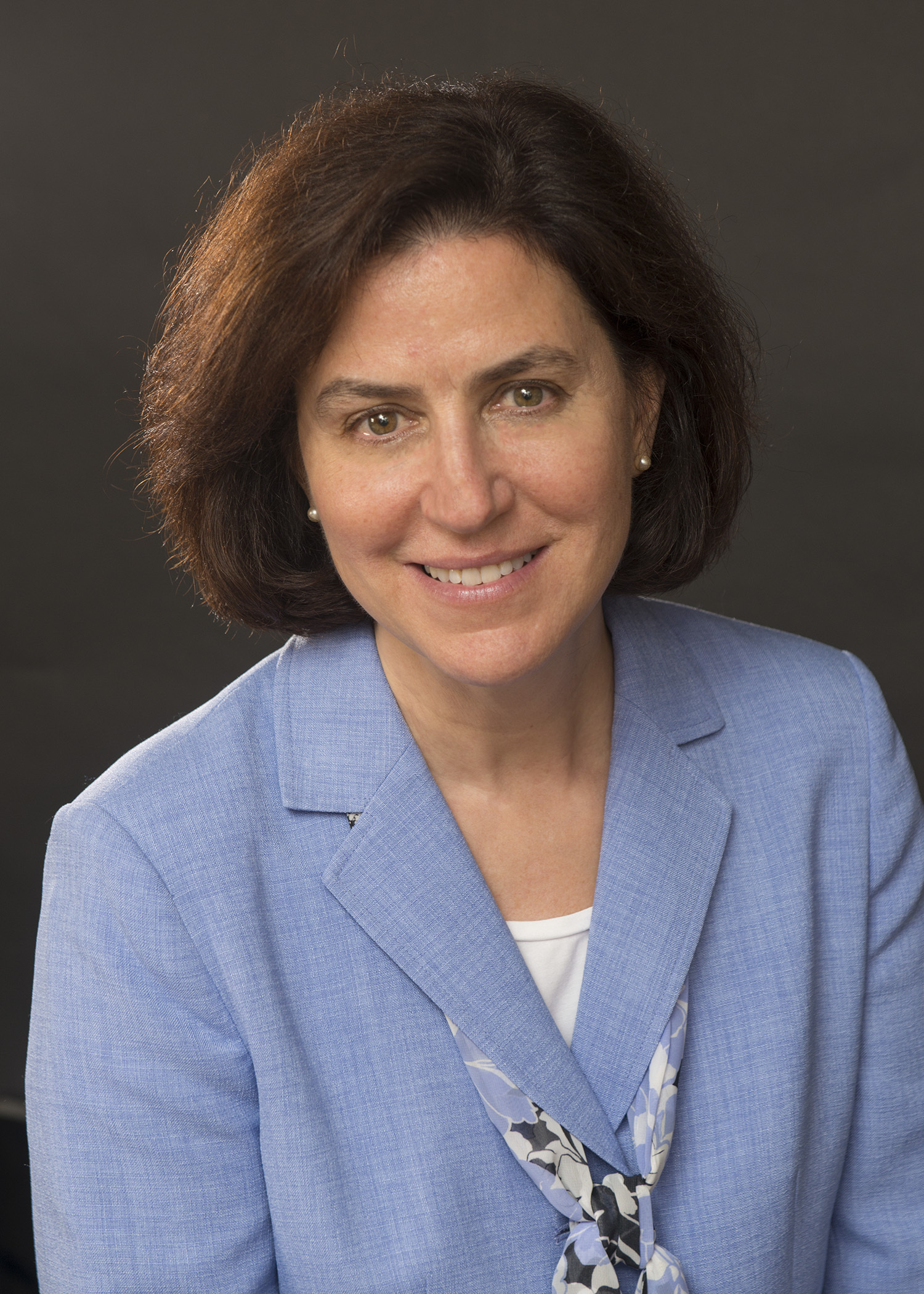
Jean Klig, MD
Director, Clinical Learning Coaching Program
Harvard Medical SchoolDr. Klig is the Marlow B. Harrison Director of Clinical Skills Coaching, leading a remediation team for clinical learning, skills, and professionalism. She serves as a co-chair of the AMA Coaching for Competency Groundwork Teams, and remains committed to student coaching and faculty development that fosters meaningful remediation and learning.
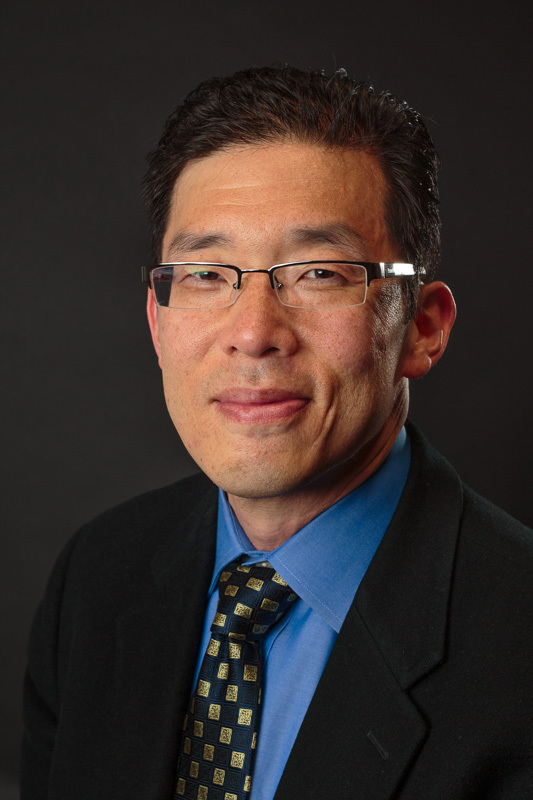
Calvin Chou, MD, PhD
Professor of Medicine
UCSFCalvin Chou, MD, PhD is Professor of Medicine at UCSF, and staff physician at the VA in San Francisco. As faculty with the Academy of Communication in Healthcare, he leads workshops in relationship-centered communication, feedback, conflict, and remediation in health professions education. He is co-editor of the books Remediation in Medical Education: A Midcourse Correction, and Communication Rx: Transforming Healthcare Through Relationship-Centered Communication.
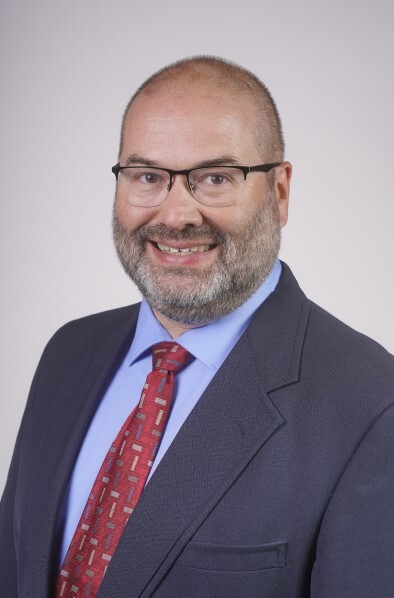
Marti Reeser, EdD, MS
Associate Dean, Academic Records and Promotion
Indiana University School of MedicineDr. Reeser joined the IU School of Medicine in 1994 first working with undergraduate health professions programs students. In October 2002, Dr. Reeser took a joint position also working in Medical Student Affairs. In 2011, Dr. Reeser was appointed the Interim Director of the Ruth Lilly Medical Library and served in the capacity until 2013. In 2015, Dr. Reeser moved into his current roles (promoted to Associate Dean in 2021) with oversight of the medical school academic records office and as faculty liaison and convenor of the School’s Student Promotions Committee.
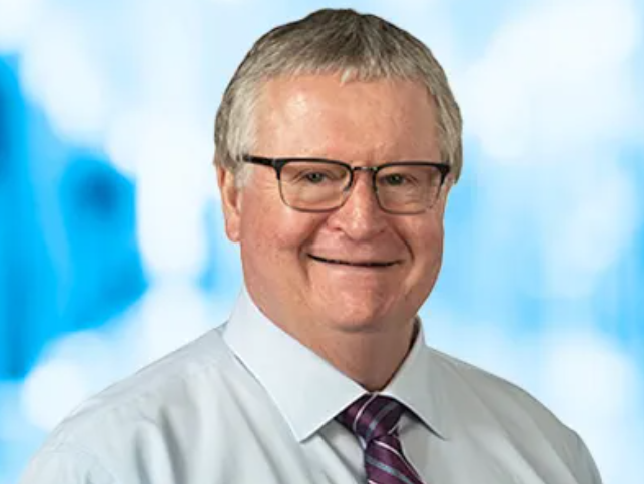
John L. Szarek, BPharm, PhD, CHSE
Professor of Pharmacology
Vice Chair for Curriculum
Education Director for Simulation
Geisinger Commonwealth School of MedicineDr. Szarek is a faculty member at Geisinger Commonwealth School of Medicine and led the renewal of the Phase 1 curriculum. He is involved in educational research, and his work has been shared with peers through regional, national, and international presentations at professional conferences and several peer-reviewed publications.
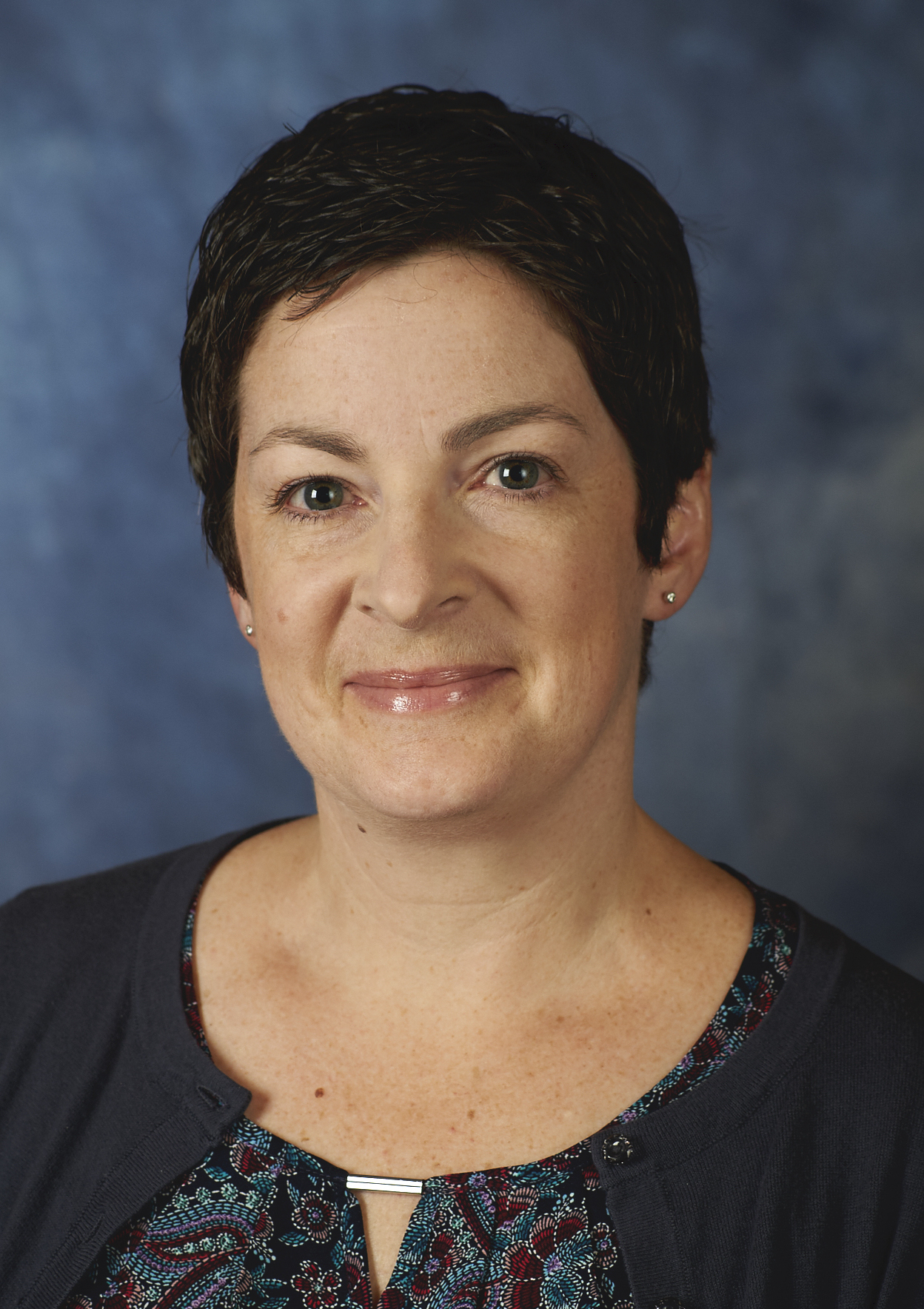
Virginia T. Lyons, PhD
Professor of Medical Education
Associate Dean for Pre-clerkship Education
Geisel School of Medicine at DartmouthVirginia Lyons is a Professor of Medical Education and the Associate Dean for Pre-clerkship Education at the Geisel School of Medicine at Dartmouth. In addition to overseeing the pre-clerkship phase of the curriculum at Geisel, Virginia also leads the longitudinal curriculum in human anatomy and embryology.

Cayla R. Teal, PhD, MA
Associate Dean for Assessment and Evaluation
Education Professor
University of Kansas School of MedicineDr. Teal oversees the assessment of student performance in and program evaluation of KUSOM’s curriculum and is a member of its CQI team. She is a mixed-methods medical education researcher, a Deputy Editor for Teaching and Learning in Medicine, and faculty for the AAMC Medical Education Research Certificate program.
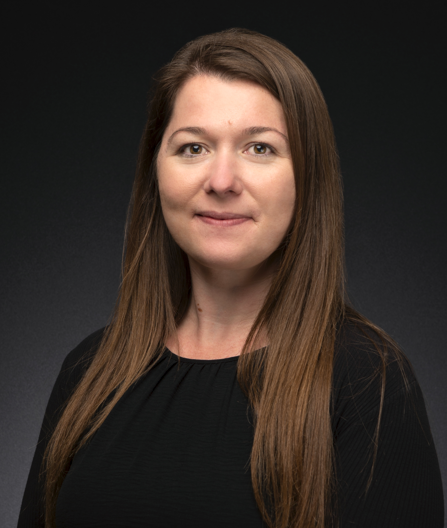
Kristy Motte, EdD, MEd
Director of Academic Success
Texas A&M College of MedicineKristy has supported students through staff, faculty, and administration roles since 2008. She is passionate about data-driven supports that consider student, faculty, institutional, external, and familial factors. She works with medical students across all of TAMCOM’s sites and serves as the co-chair of the college’s curriculum innovation steering committee.

Gabi N. Waite, PhD
Professor of Physiology and Immunology
Vice Chair of Education, Geisinger College of Health Science
Geisinger Commonwealth School of MedicineDr. Waite is Professor of Physiology and Vice Chair of Education at Geisinger Commonwealth School of Medicine. With 20+ years of experience, she specializes in systems-based approaches to medical education and has authored numerous publications on learning strategies. Dr. Waite will discuss integrating stakeholders in medical education remediation.
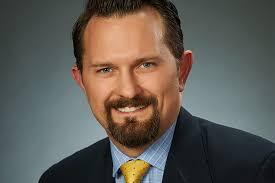
John A. Arnott, PhD
Chair, Department of Medical Education
Geisinger Commonwealth School of MedicineDr. John A. Arnott, Chair of Medical Education at Geisinger Commonwealth School of Medicine, has over 20 years of experience in medical education. His interests in medical education include remediation, active learning methodologies and faculty-student interactions.
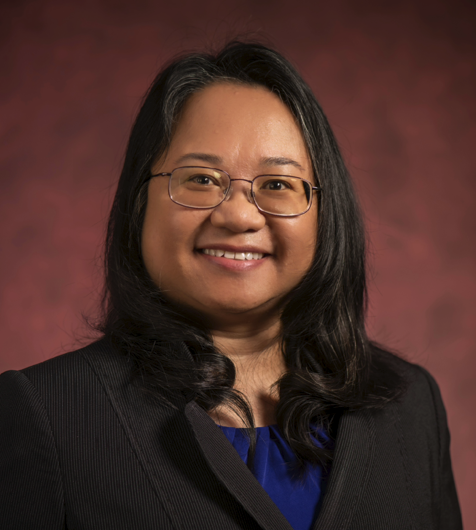
Diane E. Chico, PhD
Instructional Professor and Department Head
Texas A&M University College of MedicineDiane Chico is an experienced anatomy educator with over 20 years of teaching gross anatomy, histology, and neuroanatomy in the pre-clerkship undergraduate medical curriculum. Passionate about student success and professional development, she advocates for inclusive, student-centered teaching and supports faculty and staff growth through various professional development programs.
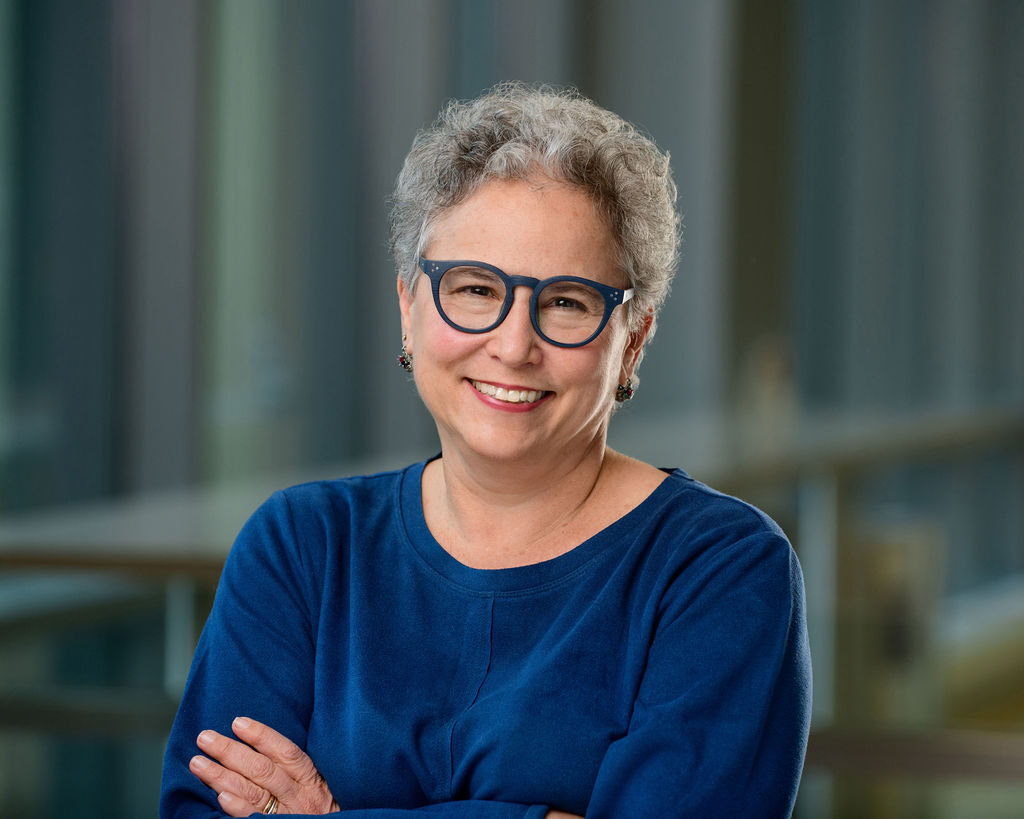
Adina Kalet, MD, MPH
Professor of Medicine and Medical Education (tenured)
Medical College of WisconsinAdina Kalet, MD, MPH, an internist, writes on professionalism remediation, educational technology, mentoring and professional identity formation, is co-editor of “Remediation in Medical Education: A Midcourse Correction” (Springer, 2023) and has recently received the National Board of Medical Examiners (NBME) John P. Hubbard Award and the Association for Academic Medical Colleges (AAMC) Award for Excellence in Medical Education.
-
Contains 2 Component(s) Recorded On: 09/25/2024
Clerkship grading, and best methods of assessment of clerkship students’ performance, are hotly debated topics in U.S. medical education. This webinar provides essential background on innovations in clerkship assessment and grading.
Clerkship grading, and best methods of assessment of clerkship students’ performance, are hotly debated topics in U.S. medical education. Drs. Aagaard and Hauer will discuss the purpose of and challenges with clerkship assessment and grading related to fairness, equity, learning and wellbeing. They will provide an overview of the varied approaches used at US medical schools and their advantages and limitations. They will discuss principles and frameworks that can inform efforts to address the ongoing challenges, including promotion of competency-based education, management of tensions in assessment, and recognition and mitigation of bias in assessment. This webinar provides essential background on innovations in clerkship assessment and grading.
The AAMC is committed to providing inclusive sessions for all learners/participants. All sessions will be close-captioned. Please contact Kaitlyn at curriculum@aamc.org to request additional accommodations.
Please visit the AAMC Building Better Curriculum Webinars webpage for a complete list of events and special programming.
Karen E. Hauer MD, PhD
Vice Dean for Education and Professor of Medicine
University of California, San Francisco (UCSF)Karen Hauer, MD, PhD, is Vice Dean for Education and Professor of Medicine at the University of California, San Francisco (UCSF). As Vice Dean, she is responsible for postbaccalaureate premedical, undergraduate, graduate and continuing medical education across the multiple UCSF clinical training sites. In her prior position as Associate Dean for Competency Assessment and Professional Standards, she designed and led the program of assessment in the UCSF School of Medicine Bridges curriculum and developed and directed the School’s medical student coaching program. For this work, she led the team which received the ASPIRE international award for excellence in student assessment. She is an active researcher in medical education and a research mentor for fellows, residents, students, and faculty with a focus on competency-based medical education, learner assessment, equity in assessment, coaching and remediation. In 2015, she completed a PhD in Medical Education through a joint program with UCSF and the University of Utrecht in the Netherlands. She received the 2024 Hubbard Award from the NBME for excellence in medical education assessment. She has served on leadership committees with the National Board of Medical Examiners and Macy Foundation, served as deputy editor for the journal Medical Education, and is past president of the Clerkship Directors in Internal Medicine national organization.
Eva Marie Aagaard, MD, FACP
Vice Chancellor and Senior Associate Dean for Education
Washington University School of MedicineEva Aagaard, MD, is the Loeb Endowed Professor, Vice Chancellor and Senior Associate Dean for Education at Washington University School of Medicine. She oversees health professions education across the continuum and graduate training. She spearheaded large-scale curriculum reform in the MD program and development of multiple initiatives to support educators.
-
Contains 2 Component(s) Recorded On: 05/15/2024
During this webinar, presenters will provide an overview of changes in anatomy education.
During this webinar, presenters will provide an overview of changes in anatomy education. In the post-COVID era, with limited time and resources, the push for integrated and clinically-relevant anatomy education is more relevant than ever. In this talk, two models of anatomy education will be compared and contrasted: one that relies on primarily a dissection-based model, and the other on prosection-based model. Considerations for resources, integration of clinical application, technology use will be explored. Finally, how teaching practices intersect with new approaches in assessment will be addressed.
The AAMC is committed to providing inclusive sessions for all learners/participants. All sessions will be close-captioned. Please contact Kaitlyn at curriculum@aamc.org to request additional accommodations.
Please visit the AAMC Building Better Curriculum Webinars webpage for a complete list of events and special programming.
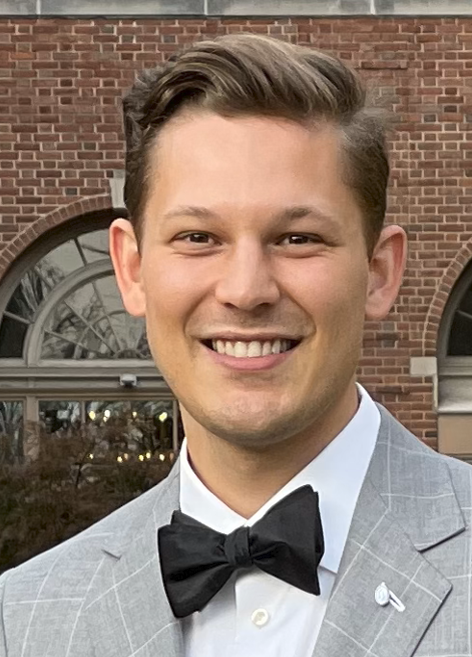
Andrew Deweyert, PhD
Assistant Professor
Western UniversityAndrew Deweyert is an assistant professor at Western University's Schulich School of Medicine and Dentistry, in the Department of Anatomy and Cell Biology. He currently teaches Histology, Head and Neck, and Neuroanatomy in the medical curriculum and has ongoing research interests in assessment for Medical Science Education.
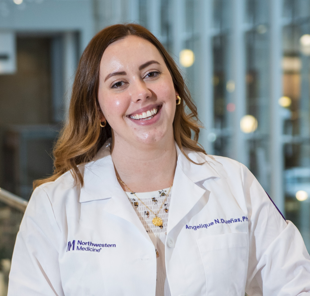
Angelique N. Dueñas, PhD, MS
Assistant Professor, Department of Medical Education
Feinberg School of Medicine, Northwestern UniversityAngelique N. Dueñas, PhD, MS, (she/her/hers) is an Assistant Professor in the Department of Medical Education at the Northwestern University Feinberg School of Medicine, where she teaches embryology, anatomy, ultrasound, and medical education content in the MD and PA programs. She has won numerous Outstanding Teaching awards since joining Northwestern for her teaching in the anatomical sciences. She has a background in anatomy education research from her Master’s of Modern Human Anatomy and Teaching Certificate in Anatomical Sciences Education (University of Colorado Anschutz Medical Campus), where her interest in embryology and anatomy started. Her doctorate work (Hull York Medical School, York, England) focused on diversity, equity, and inclusion in medical and anatomy education, with particular emphasis on qualitative methodologies to better understand these principles.
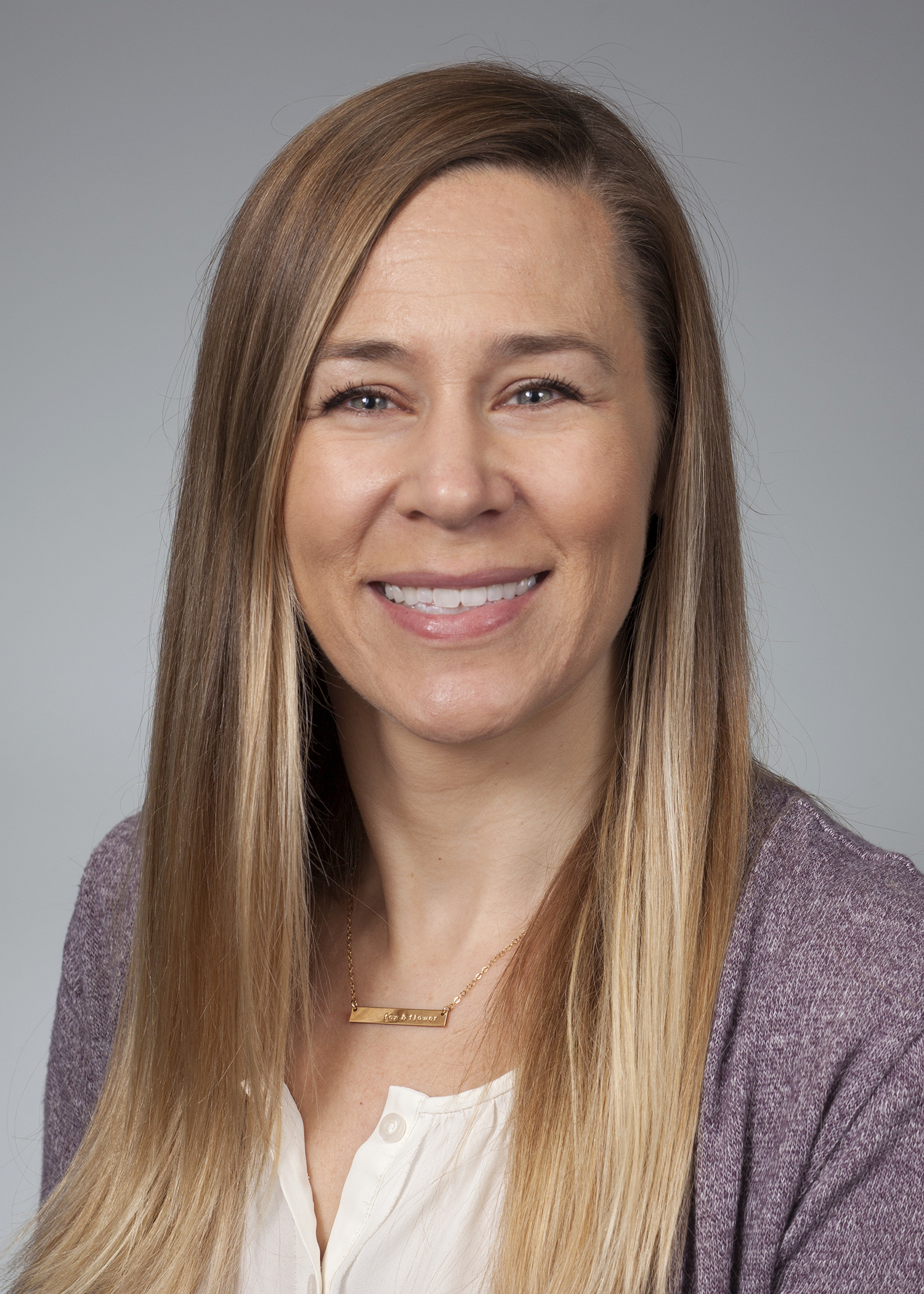
Kelly M. Harrell, PhD, MPT
Associate Professor of Anatomy & Neurobiology
Virginia Commonwealth University School of MedicineKelly M. Harrell, PhD, MPT (she/her/hers) is an associate professor in the Department of Anatomy & Neurobiology at Virginia Commonwealth University School of Medicine in Richmond, Virginia. She has over 20 year of experience teaching anatomical sciences, primarily across Medical and Health Science (PT, CRNA, PA) programs. Her research interests are in professionalism and teamwork in medical education, and anatomical education.
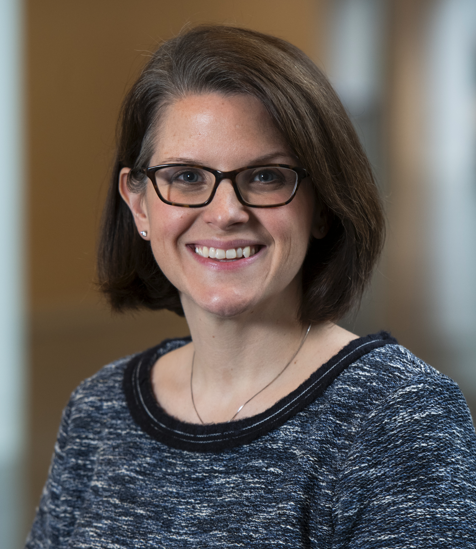
Kathryn K Hufmeyer, MD, MEd
Associate Dean for Curriculum
Associate Professor of Medicine
Northwestern University Feinberg School of MedicineKatie is a practicing general internist and clinician educator. She has held roles as preclinical course director, clerkship director, as well as curriculum committee chair prior to assuming her current position as Associate Dean for Curriculum in July 2023.
-
Contains 2 Component(s) Recorded On: 04/17/2024
In this session, we will discuss some of the common resources (e.g. people, space, technology, tools, and governing structures) needed during almost any curriculum change process.
In this session, we will discuss some of the common resources (e.g. people, space, technology, tools, and governing structures) needed during almost any curriculum change process. We will highlight potential mistakes leaders make when embarking on curriculum renewal without considering these infrastructure needs. We will provide a general framework for thinking about the kinds of resources you may need when embarking on a curriculum change initiative and discuss ways you may be able to estimate the associated costs. We will discuss the importance of negotiating appropriately to secure resources and infrastructure and how to pivot if those resource needs cannot be met. Using the recent curriculum renewal process at Washington University School of Medicine as an example, we will provide details of the infrastructure required and answer questions from audience members about their planning processes and potential resource needs.
The AAMC is committed to providing inclusive sessions for all learners/participants. All sessions will be close-captioned. Please contact Kaitlyn at curriculum@aamc.org to request additional accommodations.
Please visit the AAMC Building Better Curriculum Webinars webpage for a complete list of events and special programming.
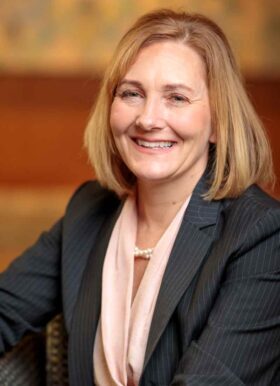
Eva Aagaard
Carol B. and Jerome T. Loeb Professor of Medical Education, Senior Associate Dean for Education, Vice Chancellor for Medical Education
Eva Aagaard, MD, is the Loeb Endowed Professor, Vice Chancellor and Senior Associate Dean for Education at Washington University School of Medicine. She oversees health professions education across the continuum and graduate training. She spearheaded large-scale curriculum reform in the MD program and development of multiple initiatives to support educators.

Carolyn Dufault, PhD
Assistant Dean for Educational Technology and Innovation and Associate Professor, Department of Medicine
Washington University School of Medicine
Dr. Carolyn Dufault’s work focuses on the design and implementation of core educational technology and infrastructure in support of curriculum and assessment delivery, and she leads efforts to enable comprehensive curriculum mapping and reporting within competency-based medical education. She received her BA in Neuroscience from Mount Holyoke College and her PhD in Cognitive Psychology from Washington University in St. Louis.
-
Contains 2 Component(s) Recorded On: 03/20/2024
In this session we will share one medical school's process for going from "unsatisfactory" to "satisfactory" for LCME element 8.4 specific to aggregating outcomes to ensure students achieve all EPOs. Additionally, we will share tips for sustainability that go beyond accreditation compliance.
Medical schools must evaluate if students achieve education program objective (EPO) and address suboptimal EPO performance. Thus, assessment performance must be tracked at the EPO level. Each EPO is measured with different assessment types and outcomes (narrative, %, points) so aggregating EPO performance is difficult. In this session we will share one medical school's process for going from "unsatisfactory" to "satisfactory" for LCME element 8.4 specific to aggregating outcomes to ensure students achieve all EPOs. Additionally, we will share tips for sustainability that go beyond accreditation compliance.
The AAMC is committed to providing inclusive sessions for all learners/participants. All sessions will be close-captioned. Please contact Kaitlyn at curriculum@aamc.org to request additional accommodations.
Please visit the AAMC Building Better Curriculum Webinars webpage for a complete list of events and special programming.
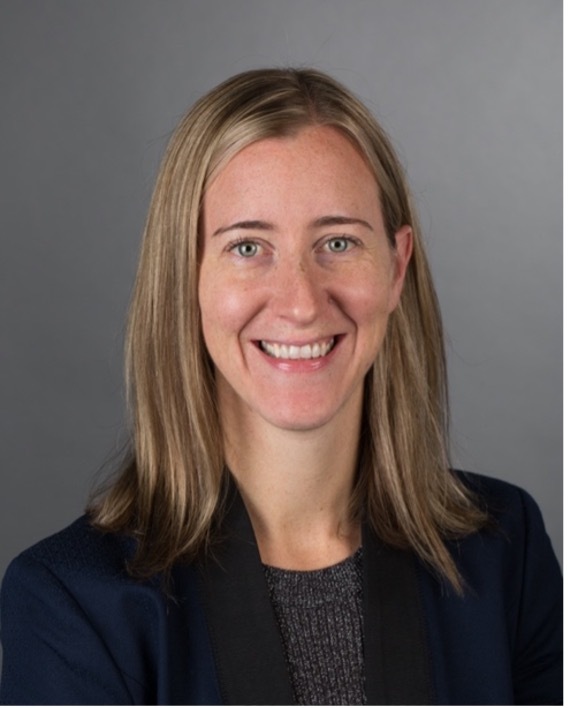
Jorie Colbert-Getz, PhD, MS
Assistant Dean of Education Quality Improvement Institution
Spencer Fox Eccles School of Medicine at the University of Utah
Dr. Colbert-Getz's scholarly work focuses on validity frameworks and other elements of assessment utility, survey design, and program evaluation. Dr. Colbert-Getz received her MS degree in Psychology from Illinois State University and her PhD degree in Educational Psychology from the University of Utah.
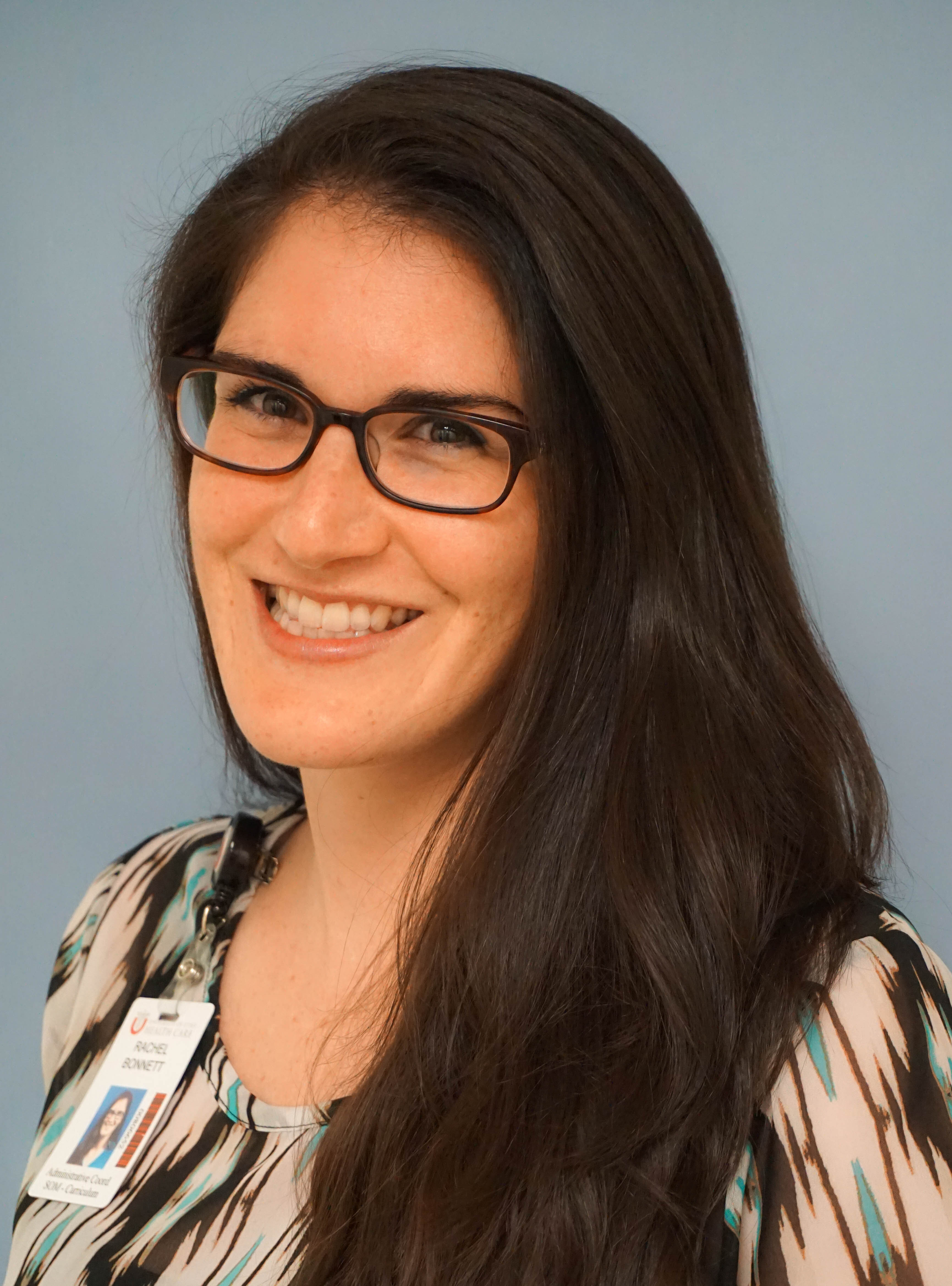
Rachel Bonnett
Associate Director of Education Quality Improvement Institution
Spencer Fox Eccles School of Medicine at the University of Utah
Rachel Bonnett's work in curriculum evaluation and quality improvement has focused on student feedback, academic performance and faculty research collaborations. She received her BA from California State University, Fullerton.
-
Contains 2 Component(s) Recorded On: 02/28/2024
This webinar will present experiences in implementing a required 4-year longitudinal service-learning course at Albert Einstein College of Medicine, including challenges and successes as they relate to establishing community partnerships, curriculum development, and learner assessment.
Service learning is used in medical education to foster community partnerships, prepare students to care for underserved communities, and deepen the understanding of how social and structural determinants of health can be addressed. The Liaison Committee on Medical Education (LCME) recommends that medical schools provide “sufficient opportunities for, encourage, and support medical student participation in S-L and community service activities;" however, implementation varies among institutions, ranging from extracurricular programs and electives to formal curricula. We will present our experience implementing a required 4-year longitudinal service-learning course at Albert Einstein College of Medicine, including our challenges and successes as they relate to establishing community partnerships, curriculum development, and learner assessment. We will include perspectives from students, community partners, educational leadership, and our service-learning team. Participants will leave with ideas for implementation at their own institutions and opportunities for future collaboration and networking.
The AAMC is committed to providing inclusive sessions for all learners/participants. All sessions will be close-captioned. Please contact Kaitlyn at curriculum@aamc.org to request additional accommodations.
Please visit the AAMC Building Better Curriculum Webinars webpage for a complete list of events and special programming.
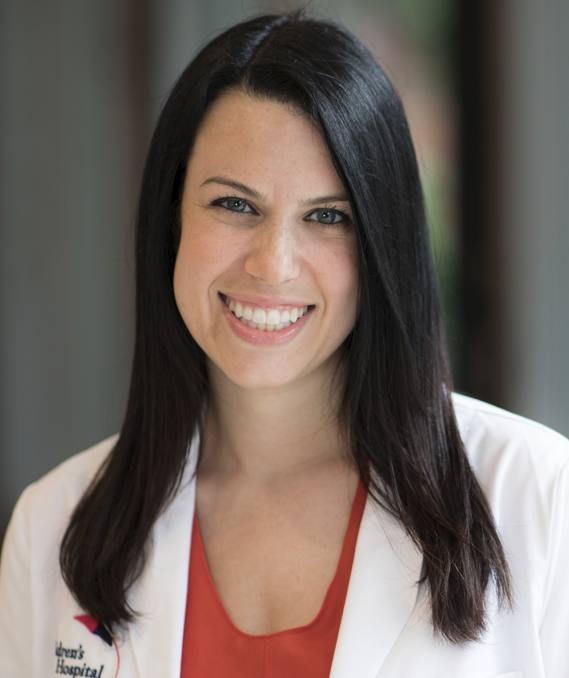
Lauren Roth, MD
Assistant Professor of Pediatrics
Service Learning Course Director
Albert Einstein College of MedicineDr. Roth is an Assistant Professor of Pediatrics and inaugural director of the Service Learning Course at Albert Einstein College of Medicine. She received the Award for Innovation in Medical Student Education from Einstein in 2022 and recently received the National Board of Medical Educators (NBME) Emerging Innovators Grant for her work developing a 360-assessment tool for Service Learning.
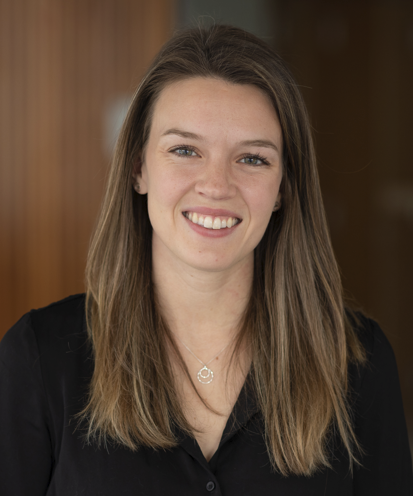
Holly Nuthmann, LMSW
Service Learning Program Manager
Albert Einstein College of MedicineHolly Nuthmann is a social worker and the inaugural Program Manager of the Service Learning Course at Albert Einstein College of Medicine. Prior to working at Einstein, Holly has worked in a variety of nonprofit settings and serves as the connection point between Einstein and the community organizations that serve as key partners in the Service Learning Program.
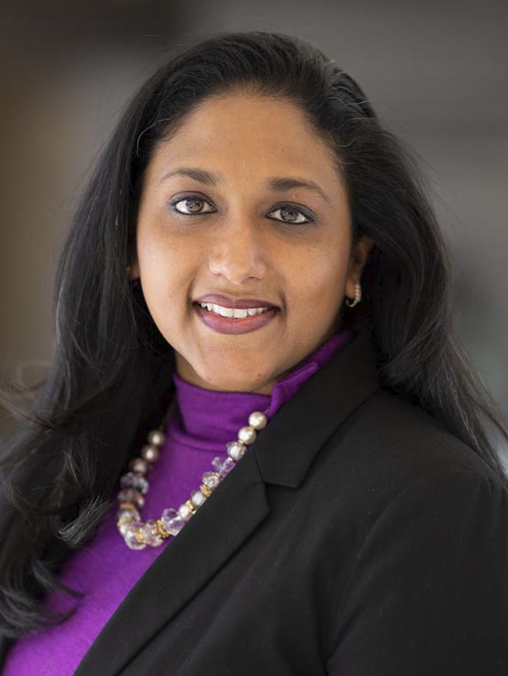
Janice Thomas John, DO, MS, MPH
Assistant Dean for Integrated Medical Education
Albert Einstein College of MedicineJanice Thomas John is the Assistant Dean for Integrated Medical Education at Albert Einstein College of Medicine. She oversees the longitudinal courses at Einstein including the Service Learning Course, and she has extensive teaching and leadership experience in health equity, community engagement, and curricular innovation.
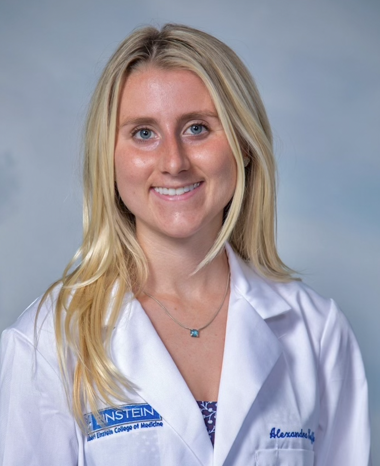
Alexandra Hoffman, MD Candidate
Medical Student, Class of 2026
Albert Einstein College of MedicineAlexandra (Ali) Hoffman is a rising third year medical student at Albert Einstein College of Medicine. She is part of the class of 2026, which is the inaugural class that participated in Einstein’s new required Service Learning Course. Through Service Learning, Ali played an active role in launching a Bronx chapter of Achilles International, a global organization that provides athletic programs and social connection for people with disabilities.
-
Contains 2 Component(s) Recorded On: 12/13/2023
The session highlights both past and current Regional Medical Campus (RMC) models and national trends providing valuable insights into the current landscape of RMCs in the United States.
The session highlights both past and current Regional Medical Campus (RMC) models and national trends providing valuable insights into the current landscape of RMCs in the United States. Session participants will learn through the lens of Indiana University School of Medicine (IUSM) RMC model. Dr. Ryan will present IUSM’s model, showcasing its unique features and over 50-year history of innovation and a systems approach to deploying medical education across Indiana (one school with 9 campuses). She will discuss IUSM curriculum structure, its strengths and adaptability, highlighting special programs and implementation strategies putting theory into practice. The webinar concludes with a discussion on utilizing lessons learned from aspects of IUSM's structure and systems approach to enhance participant’s home institution programs, practices locally.
By the end of the session participants will be able to:
- Define various RMC models (past and present).
- Discuss the IUSM model structure, strengths, and adaptability.
- Discuss the deployment of IUSM’s curriculum structure and special program highlights.
- Discuss with participants lessons learned from IUSM’s structure/systems approach and applicability at their home institutions.
The AAMC is committed to providing inclusive sessions for all learners/participants. All sessions will be close-captioned. Please contact Kaitlyn at curriculum@aamc.org to request additional accommodations.
Please visit the AAMC Building Better Curriculum Webinars webpage for a complete list of events and special programming.
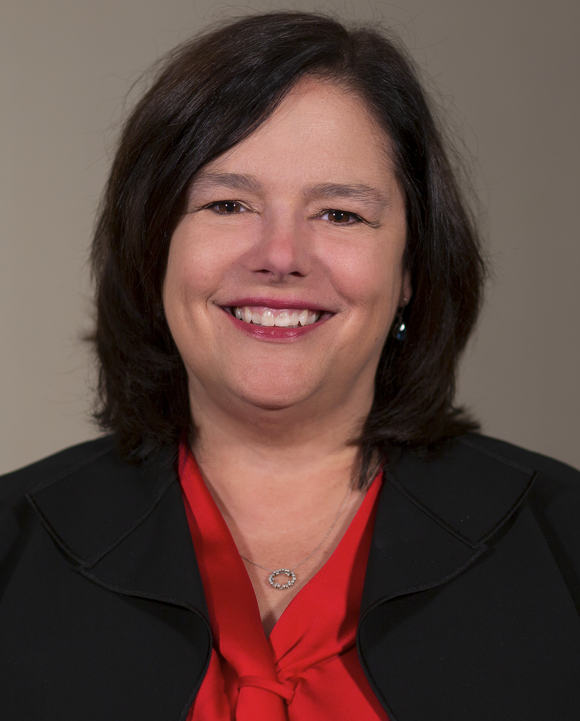
Elizabeth R. Ryan, EdD
Associate Dean for Educational Integration and Professor of Clinical Family Medicine, Department of Family Medicine
Elizabeth Ryan, EdD, Associate Dean for Educational Integration at Indiana University School of Medicine, earned her MEd and EdD through Loyola University of Chicago in Curriculum and Instruction. She has held leadership roles within the AAMC in the GEA, CGEA and currently serves on the steering committee of the GRMC.
